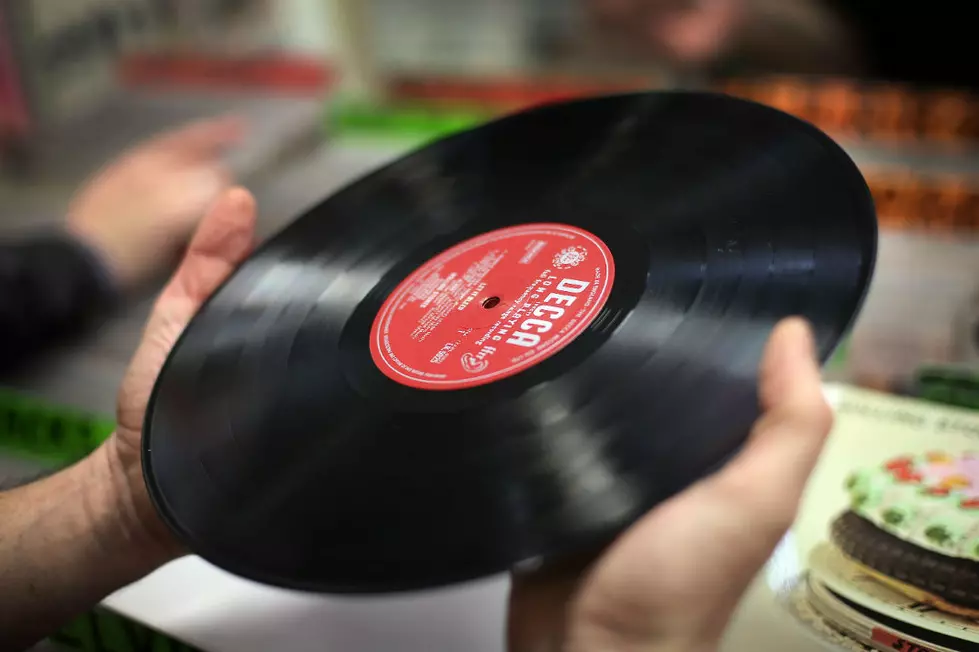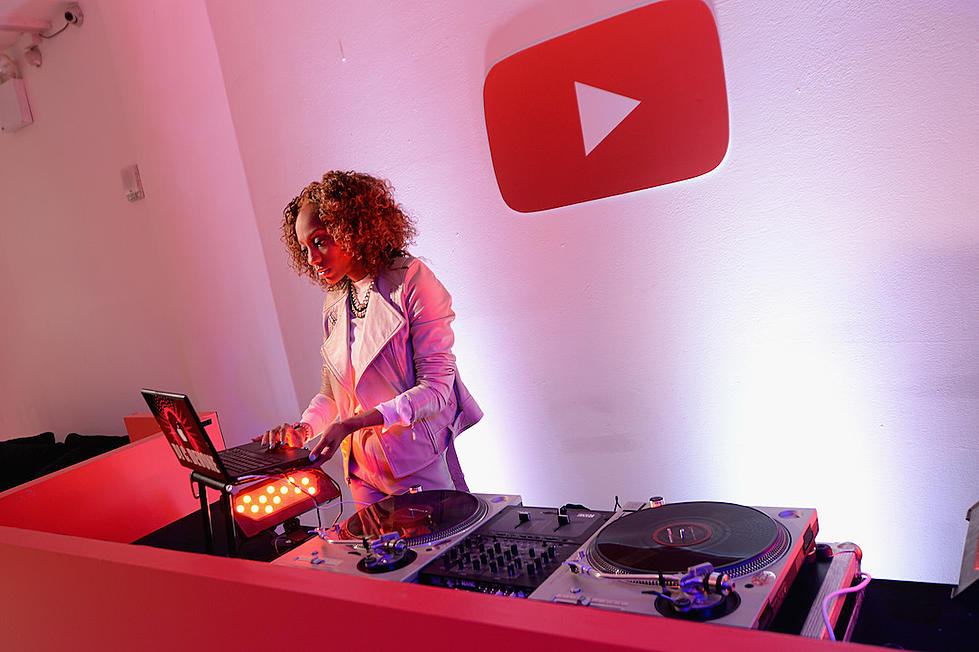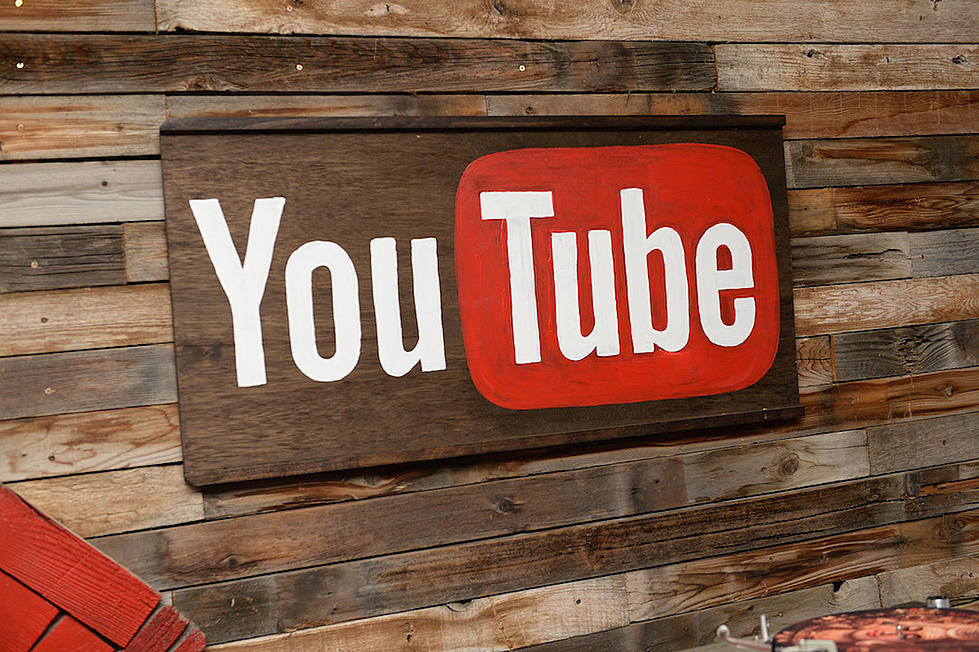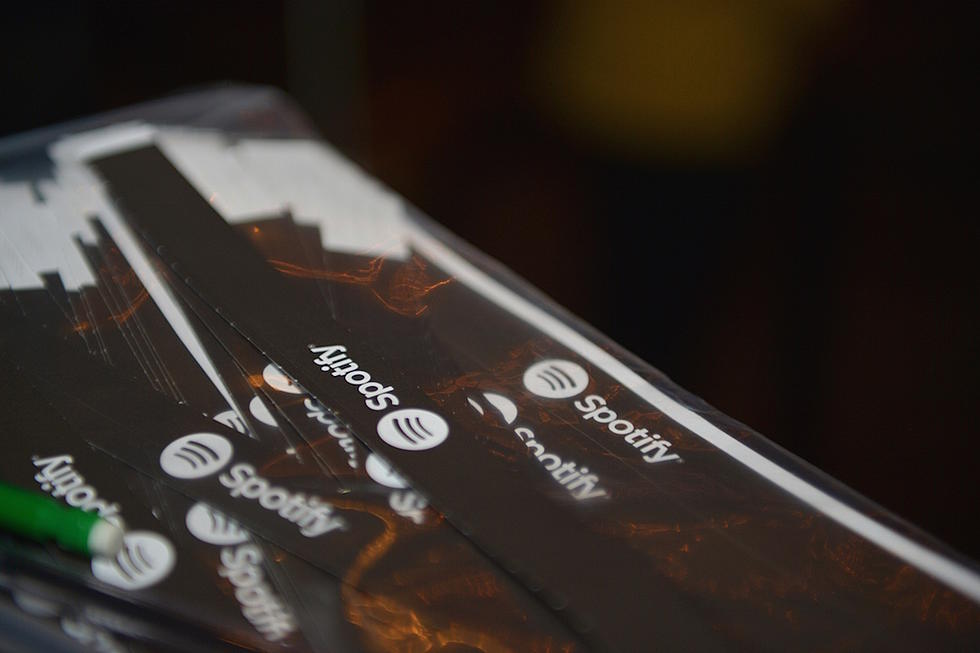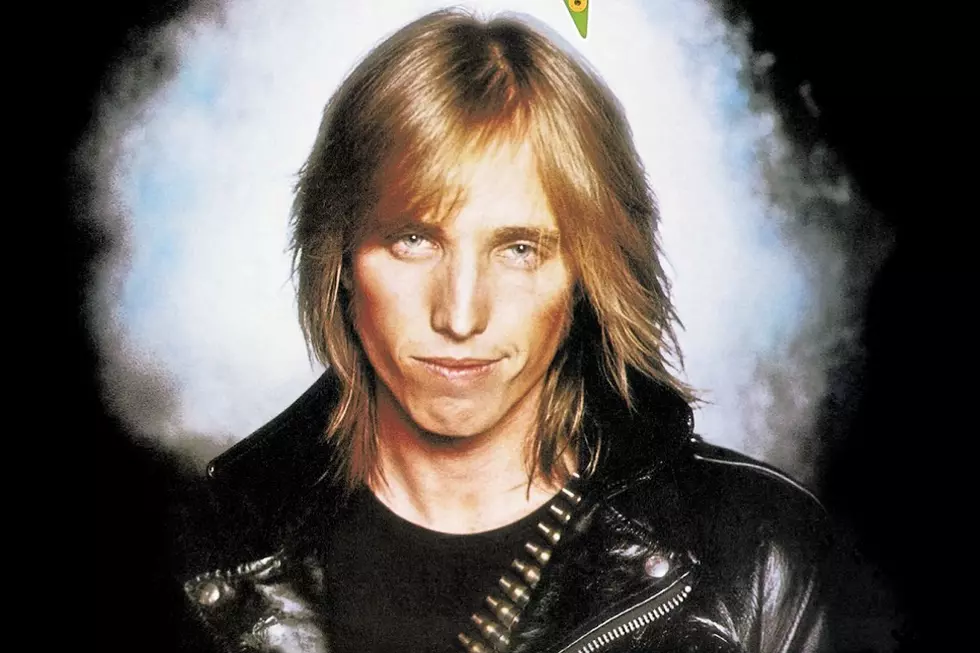
YouTube Is the Last Bastion of True Listening Freedom
On Monday, YouTube CEO Susan Wojcicki confirmed that YouTube Music Key, the company's on-demand streaming service, is still on track to launch later this year. Even though YouTube is already the largest streaming service in the world, Music Key is the company's play at the territory carved out by Spotify and Apple Music -- an ad-free, mobile friendly service that, unlike YouTube's current iteration, lets users listen to music offline.
In the same speech, Wojcicki listed the facets of Music Key that will set it apart from its competition. She said: “It’s different because we have the music videos, which being able to see your favorite music artist perform a song and see what they imagine when they created that song, it’s really magical and so being able to have that." But I can already watch all the music videos in the world on YouTube for free, and competitors like Tidal and Apple Music that have already entered the market allow me to watch music videos, too.
YouTube gives hundreds of millions of users the power to decide what's available to listen to on their platform.
What actually sets YouTube apart is that in addition to being the most popular (and the free-est) streaming service, YouTube gives hundreds of millions of users the power to decide what's available to listen to on their platform.
The launch of Apple Music, with its self-professed goal of creating a "monoculture," and its clear intention to subsume all other forms of listening, invites us to see the advent of big on-demand streaming platforms as a window into a future where music lovers' choices are dictated by relationships between tech megaliths and big record labels.
Kyle Chayka, writing in Pacific Standard, thinks back fondly on the days of Napster and Limewire and their weird pirate words of user-curated music. "Even the roughest noise music and least popular guy-and-guitar acts could cultivate a fan base," Chayka remembers. "Not so with streaming, where discovery is limited to labels that the tech company has a contract with."
Annie Zaleski, in Salon, sees in the rise of all-encompassing streaming services like Apple Music a potential "clampdown on freedom" -- the looming of a future where we don't have any control over our own music collections, and our ability to explore and discover music.
As long as YouTube is around in its constant state, that danger is hypothetical. YouTube, like Napster and Limewire, is user-curated. (While license holders are given the option to take down copies of their music when it's uploaded by others, many opt to leave the music up, since they get paid for any ad revenue the video receives. For most obscure or rare music I find on YouTube, there are no ads running at all, which means no one is making money.) In general, if I'm looking for something I really want to hear that's out of print -- that no label has the rights to issue to a major streaming service -- I can still find it on YouTube, thanks to the efforts of an obsessive listener like me.
The beauty of YouTube, and what's missing from services like Spotify and Apple Music, is that it's something like a democracy -- the ability for everyday plebeians to find and share music with each other. And while YouTube is the biggest, other services are similarly democratic: There is, of course, SoundCloud, which lets creators upload, share and even monetize music and other audio; Mixcloud, my personal favorite, lets users upload and share their own mixes. Like YouTube and SoundCloud, Mixcloud pays out royalties to the artists via PROs. (Whether those royalties are high enough is a topic for another column.)
My hope is the Music Key ends up being an effort to augment YouTube's democratic platform with some of the best features of other streaming services. Apple Music's greatest strength is proving to be their expertly curated playlists, which succeed mightily in driving music discovery. (At least, they have for me.) Spotify's strength -- besides their super-intuitive interface -- is their unlimited store of user-created playlists. If YouTube could facilitate this kind of curation of their platform, they could have the best of what's around, without losing the user power that makes them great. It would make them a service worth paying attention to in a very crowded field.
Maybe YouTube is planning on doing something like this with Music Key -- after all, it sounds like they're still hard at work at building the thing. But I fear that they're going to join the ranks of the big streaming services and feature a buffet of streamable music provided directly via deals with labels. If so, it'll mean the loss of the last major bastion of democratic music sharing on the web -- and that's where the clampdown on freedom will really begin.
More From Diffuser.fm
